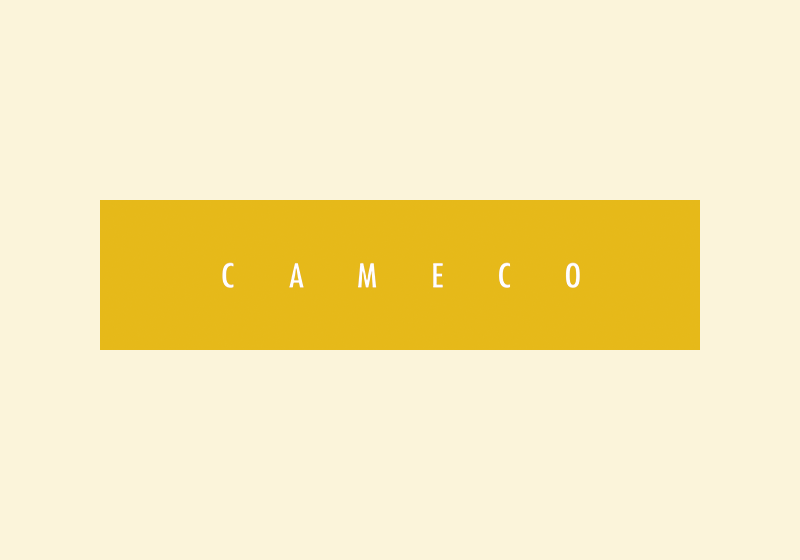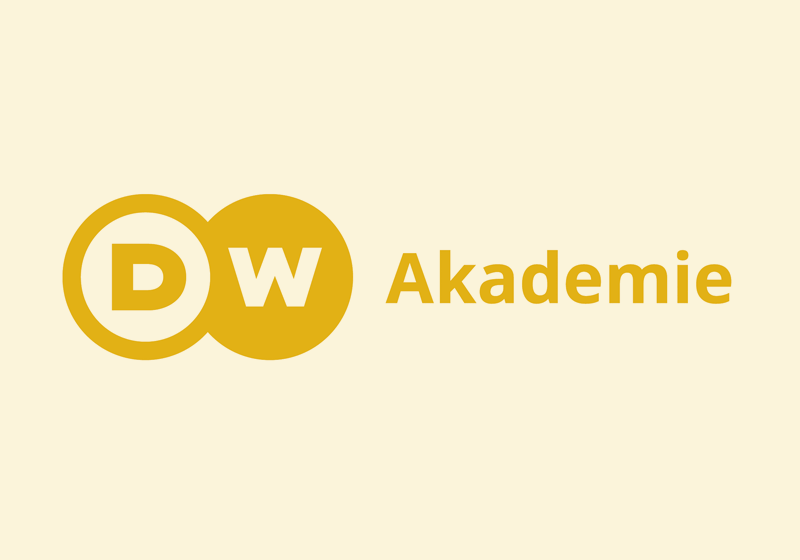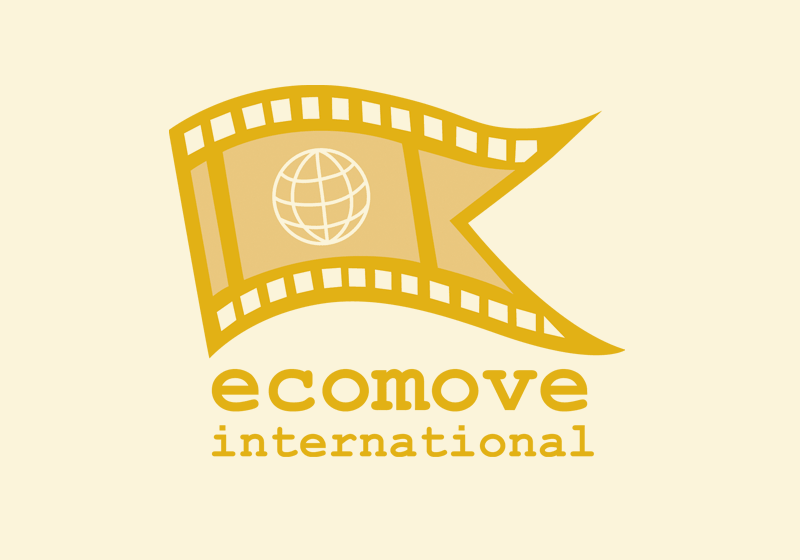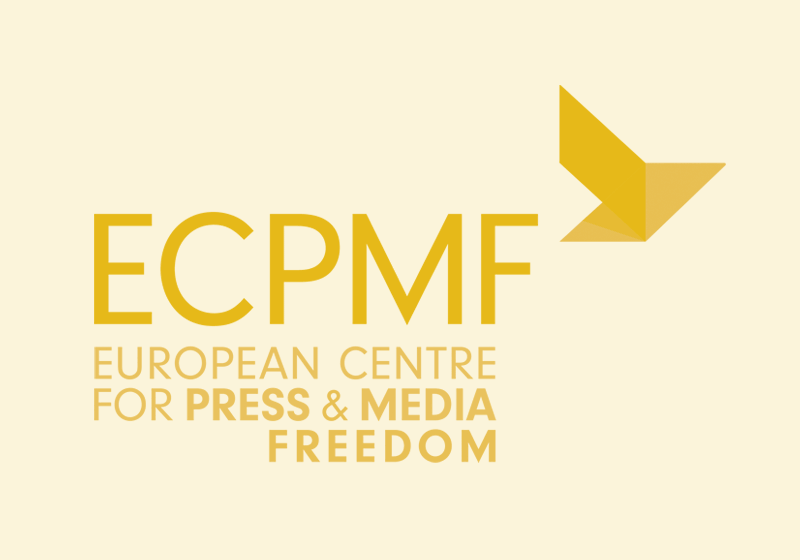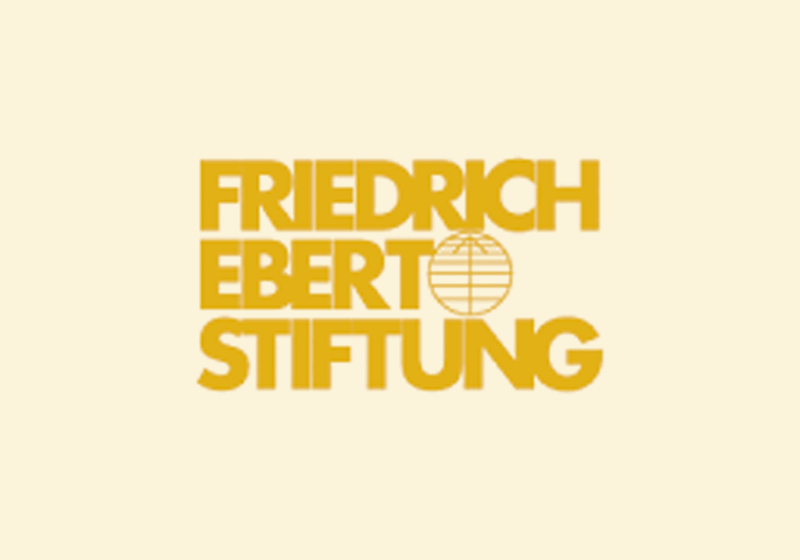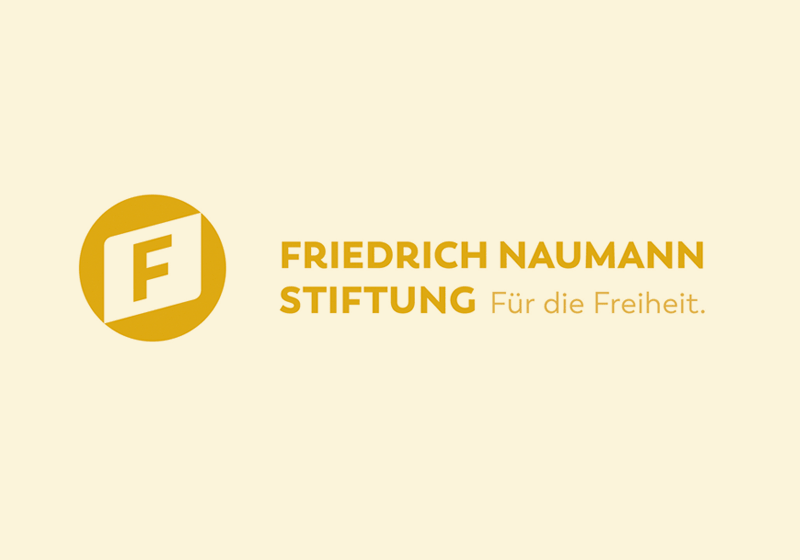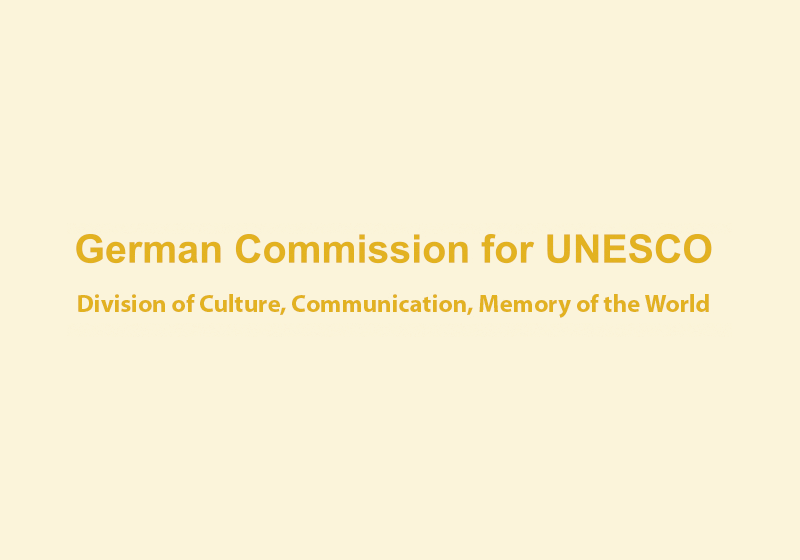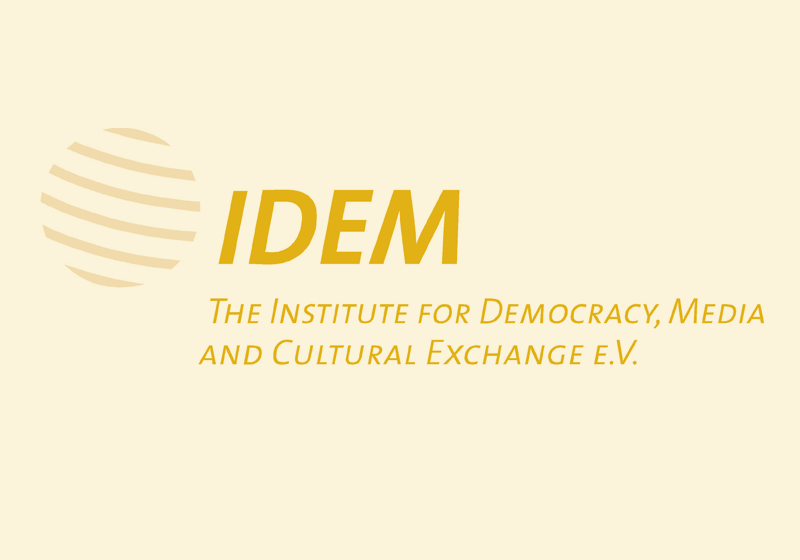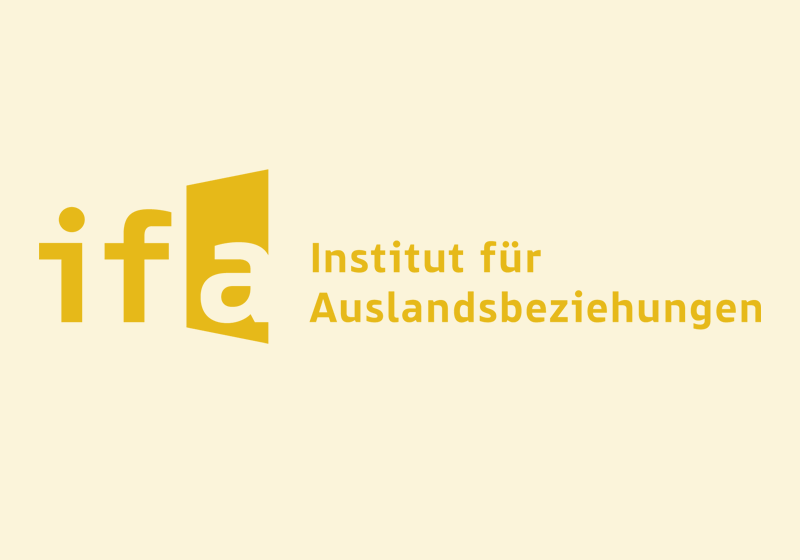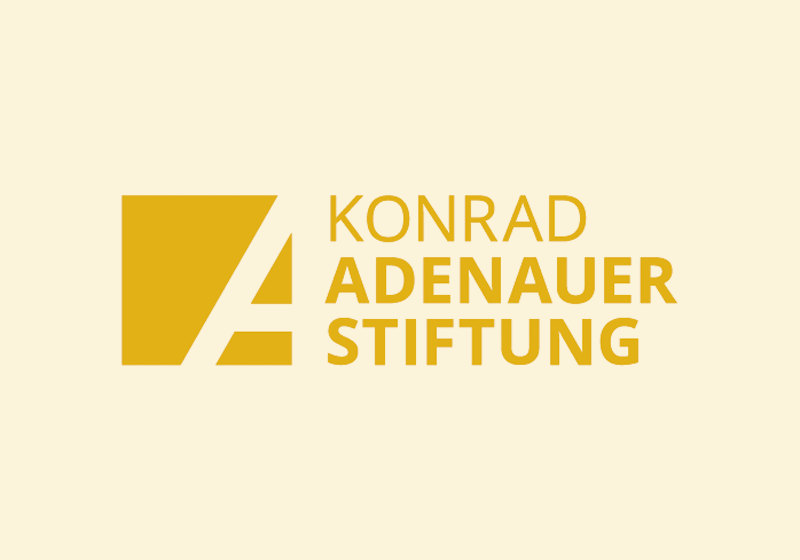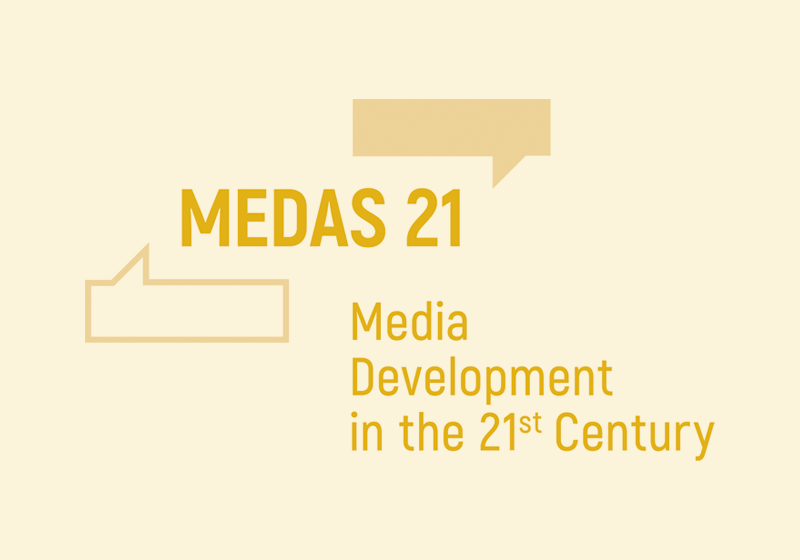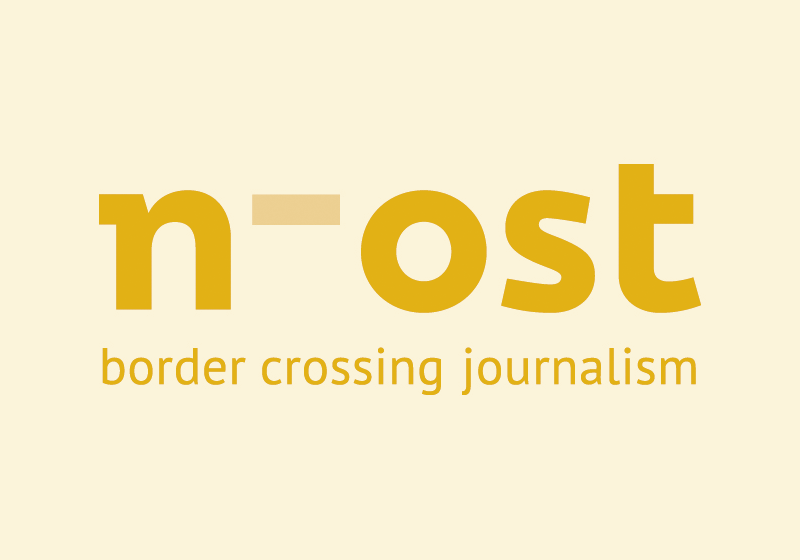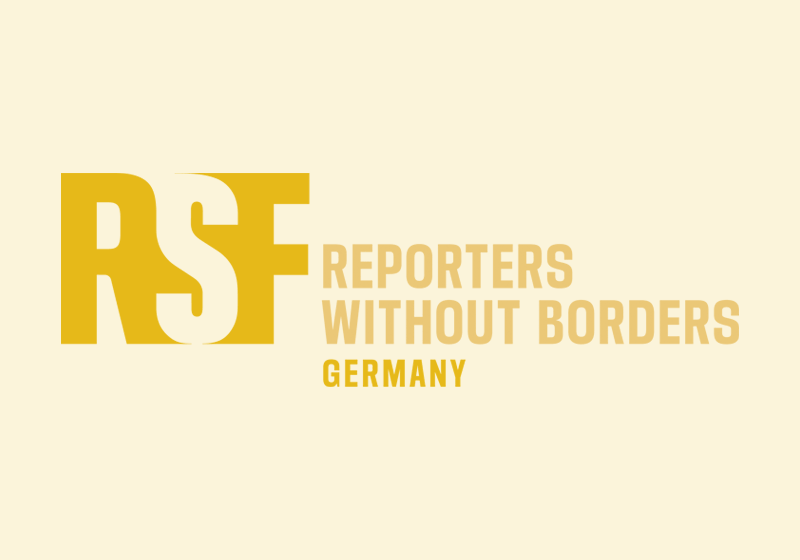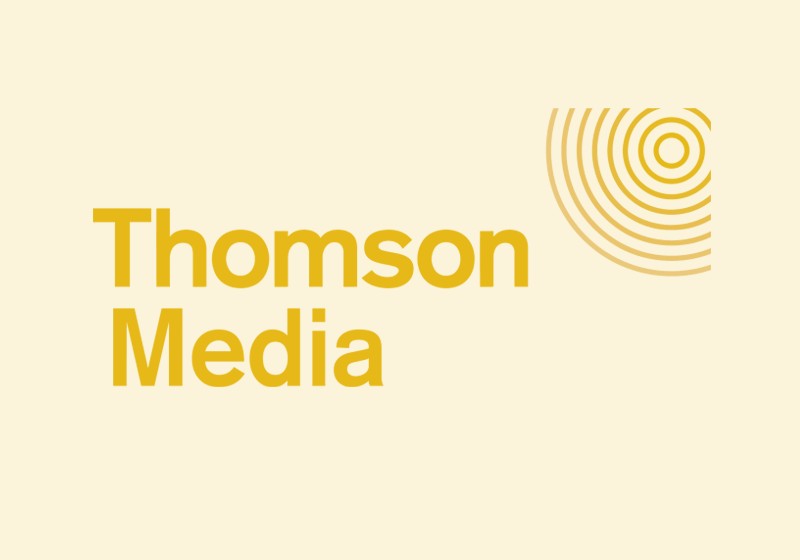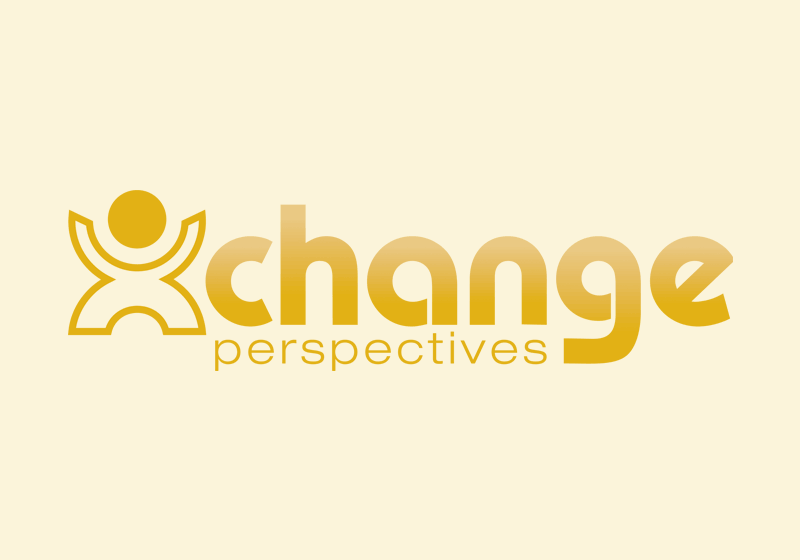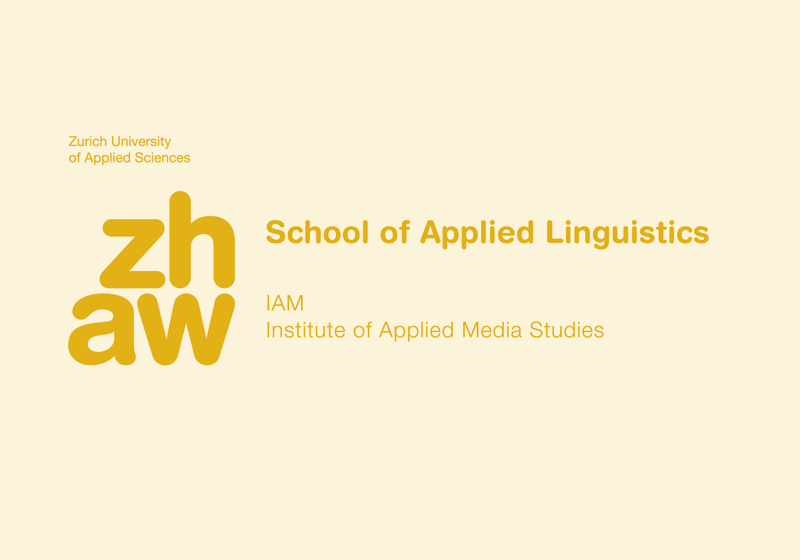Symposium 2021 – Recordings Day 2
Friday, 19th of November 2021 (9am – 5pm)
Session 1 – A universal approach to trust? How media worldwide counter mistrust with transparency – RSF’s Journalism Trust Initiative
Panel hosted by Reporter without Borders
Populism, hate, untruths: Many readers find it difficult to recognize credible journalism on the internet and to distinguish between facts, opinion, and disinfomation. With the Journalism Trust Initiative, Reporters Without Borders (RSF) has created a transparency standard that allows media to evaluate and citizens, platforms and advertisers to scrutinize editorial practices. Co-developed with 130 representatives from media, civil society, the platform industry, regulators, and academia, it is an effort to respond effectively to a complicated challenge. Can visible transparency about ownership and editorial processes offer a solution with global appeal? The Indian non-profit news website The Wire has applied JTI as one of the dozens of trailblazers worldwide, large and small, in its pilot phase to examine its own rules and practices and will share recent insights.
Speakers:
Lisa Dittmer, Advocacy Officer for Internet Freedom, RSF Germany.
Siddharth Varadarajan, Founding Editor of The Wire (India).
—
Session 2 – Result Chain Oriented Impact Evaluation – A new method to know in detail how media recipients process information in their social context
Panel hosted by Institute of Applied Media Studies / Zurich University of Applied Sciences
The question how media users process information provided by media is usually not raised in media assistance programmes. Although on paper most media assistance aim at achieving goals that have to do with practices or attitudes of people, for example “higher participation”, “engagement” or “increased awareness or knowledge”. Result chain-oriented evaluation is a “new” type of impact evaluation, built on the original concept of Theories of Change (and not the current ones!) that focusses on what media users think and do in detail with information received by media, how they work with it in their existing mindset and socio-cultural context, describing in detail and tracing with media recipients the way towards expected change. This kind of evaluation allows the media assistance sector mainly to learn how media users make sense from media content in a specific context, and thus has a high potential for the sector. The presentation reports on results of first exercises with the new instrument in Niger and what the sector could learn from that.
Speaker:
Christoph Spurk, Researcher and Lecturer at the Institute of Applied Media Studies / Zurich University of Applied Sciences.
—
Session 3 – Does knowing you mean trusting you? Exploring audience perception of local media
Panel hosted by CAMECO, Friedrich-Ebert-Stiftung and WELTFILME
It is a common assumption that local media, especially community media, enjoy the trust of their audiences as a natural consequence of their proximity. But does proximity really translate into trust? The session will focus on some of the challenges and pitfalls and explore ways in which trust can be earned, sustained or increased in the relationship between media practitioners and their local audiences. In the first segment (Encountering Challenges of Community Media), Prof. Vinod Pavarala, UNESCO Chair on Community Media, will explore some of the major challenges with respect to community radios in South and South East Asia to which Vivienne Marara and Tom Mboya, Coordinators of Community Radio Networks in Zimbabwe and Kenya will respond. In the second segment (Talk back to the screen!), Ghanaian filmmakers and activists Kwabena Eddie Mankata and Aseye Tamakloe will share their experience of the impact of direct audience interaction at mobile cinema screenings and local film festivals and the doubts or trust they en-counter when presenting fictional or documentary films.
Moderator:
Birgitte Jallov, Empowerhouse
Speakers:
Vinod Pavarala, UNESCO Chair for Com-munity Media, University Hyderabad.
Tom Mboya, Coordinator Kenya Community Media Network (KCOMNET).
Vivienne Marara, Coordinator Zimbabwe Association of Community Radio Stations (ZACRAS).
Kwabena Eddie Mankata, author, screenwriter and movie director (Ghana).
Aseye Tamakloe, filmmaker and lecturer at National Academy for Film and Television (Accra, Ghana), festival programmer.
—
Session 4 – What role for trust in international media support collaboration?
Panel hosted by Interlink Academy, MEDAS 21 and Thomson Foundation
Trust between journalists and their audience is an important topic in media development. It is the main topic on this conference too. But what about trust (and distrust) between the various actors in media development? Between IMAOs and their partners? Between donors and stakeholders in the so called ‘field’? In all these relations trust appears to be a pressing issue which depends on partnership, ownership and cooperation across world regions and (institutional) cultures. In this panel, we look at the issue of trust from various perspectives in order to deepen our understanding of its role in international media development cooperation. Based on a variety of examples – ranging from the Pakistani, the Ger-man and the agricultural context – as well as broader empirical evidence, we hope to spark a lively discussion.
Moderator:
Christine Liehr, Thomson Foundation
Speakers:
Said Nazir, Executive Director Tribal News Network, Pakistan.
Christoph Spurk, Institute of Applied Media Studies, Zurich University of Applied Sciences.
Ines Drefs, Program Director MEDAS 21.
Werner Eggert, Managing Director Interlink Academy.
—
Session 5 – China as a rising competitor in media development – from the perspective of local journalists
Panel hosted by Konrad-Adenauer-Stiftung and Reporters Without Borders
Various Chinese actors, including government agencies, State-owned media, diplomatic missions, private media and tele-communications companies, are investing billions into an international media strategy to influence the flow of information beyond China‘s borders. All-expense-paid visits to China and training programs for foreign journalists organized by the state broadcasting administration authority are a key component of this strategy. Thou-sands of foreign journalists from 146 countries have so far completed one of those trainings. The conveyed idea of journalism is, however, not one of a watch dog: “Western” understanding of press freedom and media independence is considered as a threat for the CCP. Journalists from Africa and Asia who participated in both training programs organized by Chinese authorities and media development organizations from democratic countries will give an insight on how the training programs differ in content and access to them. They will share what makes journalist trainings attractive and relevant for their respective contexts – and suggest how media development organizations from democratic countries could become the more trustworthy provider of training programs.
Moderator:
Anne Renzenbrink, RSF Germany
Speakers:
Adnan Aamir, researcher and journalist, RSF former stipend (Pakistan).
Joseph Odindo, Aga Khan University Nairobi, former Editorial Director at Nation Media Group.
Mareike Ohlberg, Senior Fellow Global Marshall Fund Asia Program.
Return to day 1.


